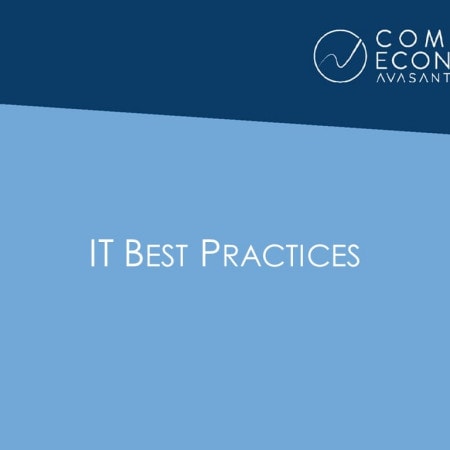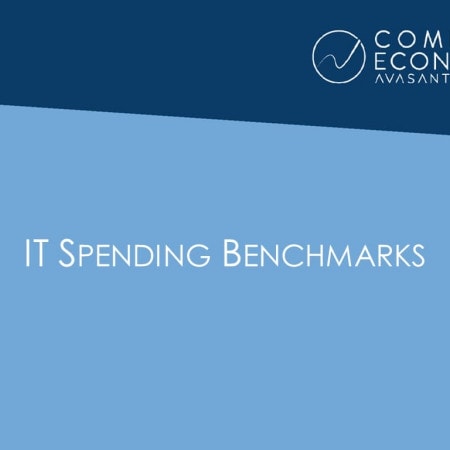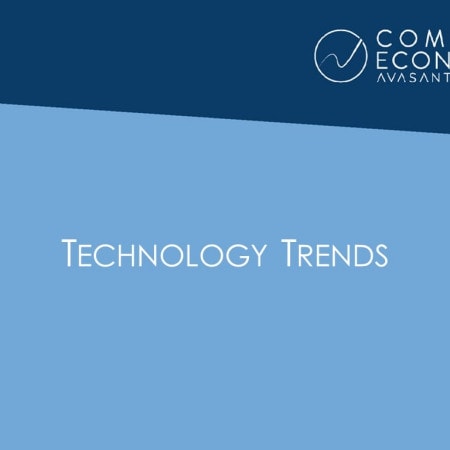-

Press Briefing by Secretary Shalala, Sally Katzen (OMB), and Gary Claxton (HHS) at the White House, 12/20/00
This report is a recap of the recent Department of Health press release regarding strong new consumer protections to ensure the privacy of medical records.
May, 2002
-

Remarks by the President on Medical Privacy, 12/20/00
This report is a recap of the President's remarks about the recent Department of Health press release regarding strong new consumer protections to ensure the privacy of medical records.
May, 2002
-

Male Internet Users by Country 2001 through 2006 (Oct 2001)
This table counts male internet users by country from 2001 through 2006.
May, 2002
-

Number of Female Internet Users by Top 11 Asia/Pacific Countries
This table shows the number of female Internet users in the top 11 Asia/Pacific countries. Between 2001 and 2004, 98 percent of female Internet users will come from these top 11 countries.
May, 2002
-

Number of Male Internet Users by Top 11 Asia/Pacific Countries
This table shows the number of male Internet users in the top 11 Asia/Pacific countries. Between 2001 and 2004, nearly 97 percent of male Internet users will come from these top 11 countries.
May, 2002
-

EDI Practices in 2002 (May 2002)
Many people speculated that the Internet and the World Wide Web would be the death of EDI. Wrong! EDI is alive and well according to the 13th annual Information Systems and E-Business Spending study conducted by Computer Economics. EDI via direct dial connections with suppliers remains one of the most popular methods for organizations to exchange large amounts of data.
May, 2002
-

Evolving From Best Practices to Good Practices (May 2002)
The concept of best practices is another one of those difficult to define but widely adopted phrases used to describe one of the evolutionary steps in the ongoing pursuit of silver bullet fixes to complex organizational problems. Best practices is still lingering, but it is steadily being overshadowed by economics and the realities of organization dynamics. If the management mentality is to mature, it is important to learn from the phases of evolution. A social, political, and economic dissection of best practices is a healthy step in overcoming the syndrome.
May, 2002
-

IS Budget Trends (Feb 2002)
Computer Economics has conducted annual benchmarking studies of IS budgets and technology trends since 1990. This analysis examines data from three key benchmarks for the last three years and the last decade. The areas analyzed are budget changes, central IS budgets as a percent of revenue, and central IS budgets allocations.
May, 2002
-

2002 Information Systems and E-Business Spending
In 2002 compared to the past three years, significantly more companies reported they were not increasing their IS budget, while the number of companies reporting IS budget decreases rose sharply.
May, 2002
-

2002 Central IS Spending Per Employee – By Industry (May 2002)
Most sectors have experienced shifts in their central IS spending per employee in 2002 according to the 13th annual Information Systems and E-Business Spending study conducted by Computer Economics.
May, 2002
-

CFOs Want to Leverage IT (April 2002)
A survey of chief financial officers (CFOs) and finance directors shows that they view information technology (IT) as a value center, rather than as a cost center. The survey, conducted by CFO Research Services and sponsored by Getronics, also found that CFOs look at the Total Value of Ownership rather than Total Cost of Ownership when making IT investments.
May, 2002
-

Computer Economics Joins the National Cyber Security Alliance (Apr 2002)
The National Cyber Security Alliance, a unique partnership between the federal government and leading private sector companies, continues to gain momentum. The Allianceâs Stay Safe Online Campaign website, www.staysafeonline.info, has received over 2 million hits since its launch in February 2002.
May, 2002
-

Funding the Quest for Dependable Systems (April 2002)
Several programs at the National Science Foundation (NSF) and NASA are focused on the growing need for software-based systems that can be used with confidence (the systems will behave as expected and will do no harm). NSF anticipates spending $2,000,000 in FY 2002 to support research.
May, 2002
-

Linux Changes Economics of Mainframe Computing
It depends is a phrase familiar to anyone analyzing mainframe system capacity or performance, whether discussing computing economics or characteristics. It has been decades since commercial software was provided free--or, more accurately, bundled with hardware. Since then, IBM software licensing terms and fees have changed several times, most recently to dramatically favor Linux-based computing.
May, 2002
-

Increase Supply Chain Visibility Through Modularity
Facing increased competition stemming from a slowing economy, many companies are taking a closer look at their basic operation in an attempt to improve efficiency. The supply chain is one area that can offer significant paybacks from wise investments. The primary strategy to adopt in upgrading supply chain operations is to emphasize visibility. Providing managers, suppliers, business partners, and customers with real time information regarding part and product inventories enables them to make sound business decisions.
May, 2002

 Grid View
Grid View List View
List View